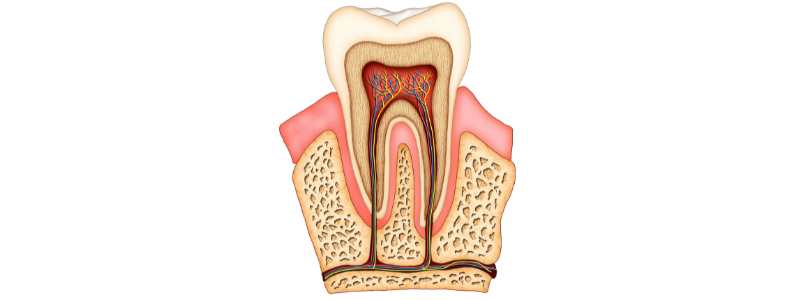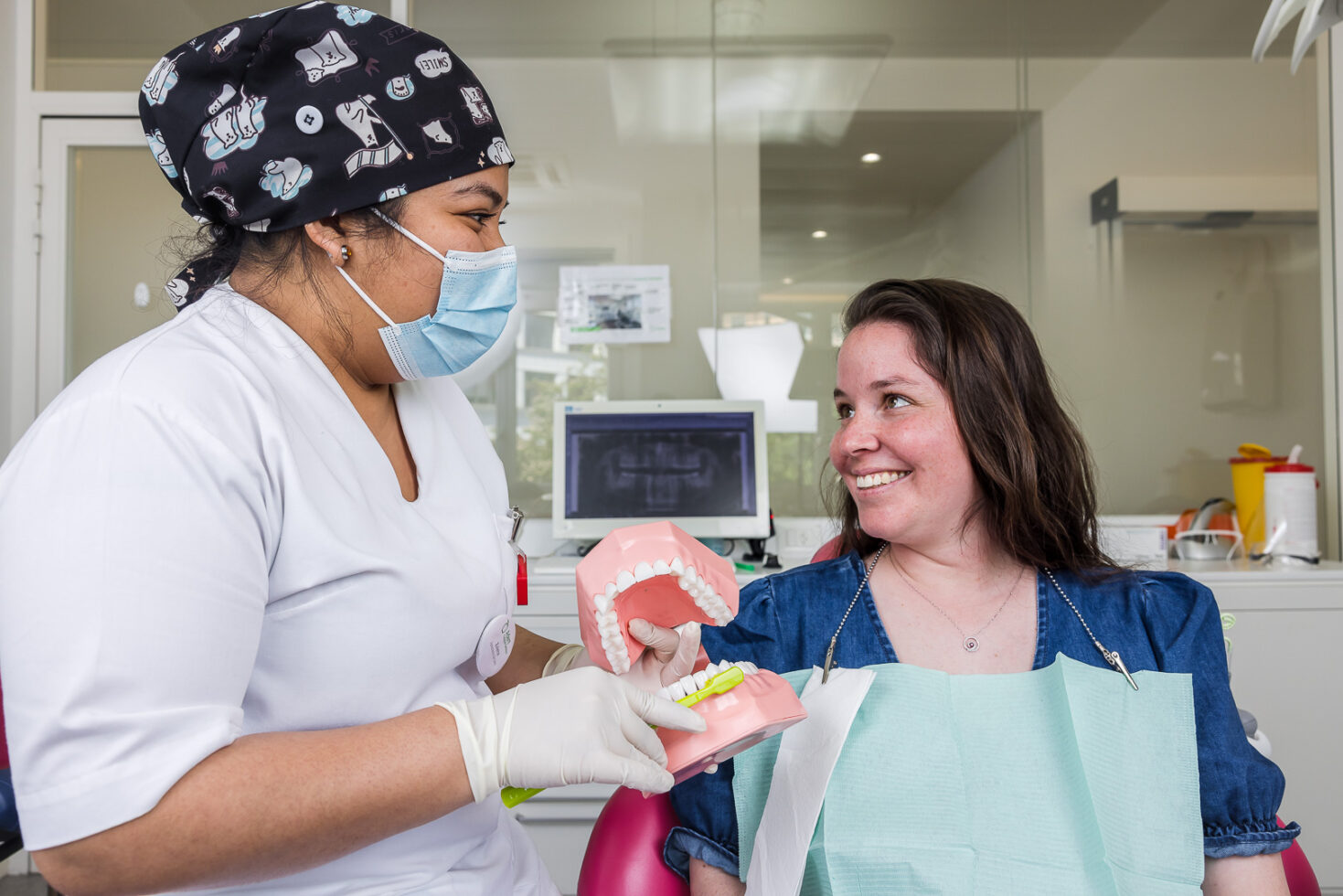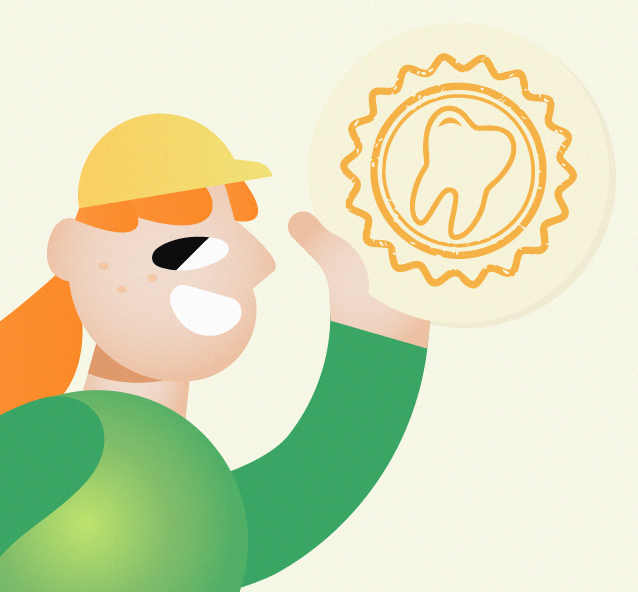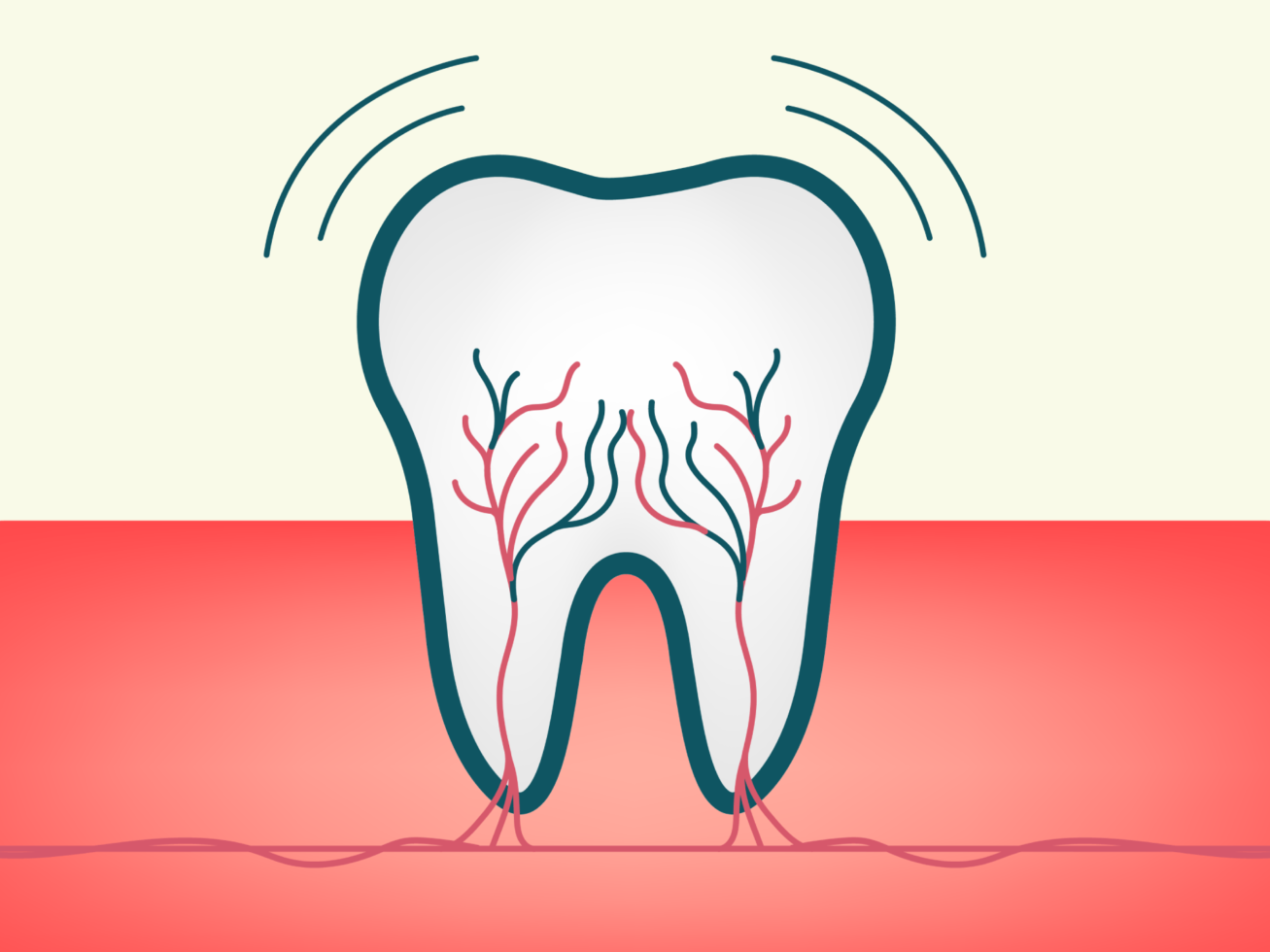Your mouth: a precious asset
Oral hygiene is part of general health and everyday life. Your teeth are precious and play many roles, some of them unsuspected. They are used to shred and grind food, and help with speech and phonation. Beautiful teeth also give you self-confidence!
Several studies have demonstrated the links between oral disease and general health problems. When oral hygiene is inadequate, deposits build up on the teeth, allowing bacteria to grow in large numbers and become pathogenic. Some bacteria can enter the bloodstream and affect your overall health. Studies show that diabetes is more difficult to control in the presence of periodontitis. Similarly, poor hygiene increases the risk of developing cardiovascular problems. Infections and complications during pregnancy and childbirth can also be correlated with poor oral hygiene.
That’s why oral hygiene is so important, and regular scaling with your dental hygienist and regular check-ups with your dentist are your guarantee of good oral and general health.
Specialists recommend daily, thorough cleaning of your teeth. These days, there’s a wide range of accessories to make the daily task of cleaning your teeth easier. Our dental hygienists, specialists in the care and prevention of teeth, can advise and guide you in keeping your teeth and mouth healthy.
The anatomy of your teeth
Your teeth are implanted in bone, a hard material that holds them in place. Other (soft) tissues revolve around your bone and also play a part in holding your teeth in place in your mouth: ligaments, gums and cementum. They are called the supporting tissues of the tooth.

The different stages of inflammation

If you don’t clean your teeth regularly and conscientiously, you run the risk of developing gingivitis, the initial stage of inflammation affecting the gums. Gingivitis is characterized by gums that are redder than usual, swollen and bleeding when brushed or flossed, for example.
If left untreated, gingivitis can progress to affect the tissues that support the tooth: the ligaments, gums and cementum. The bacteria present in your mouth evolve with the disease, becoming increasingly pathogenic and developing the ability to attack your supporting tissues. This destructive disease of the supporting tissues is called “periodontitis”.
There are various stages of periodontitis – mild to severe – depending on the extent of destruction of supporting tissues. The most severe form of mobility leads to permanent tooth loss. Destruction of the tissues supporting your teeth is not always visible. The disease can manifest itself in bleeding, red, swollen gums and halitosis (bad breath), caused by the presence of large numbers of pathogenic bacteria in the mouth. Periodontitis is an advanced stage of inflammation and requires rigorous management and monitoring by periodontists and dental hygienists. Thanks to the presence of our periodontal specialists at Adent Dental Clinics, you can be sure of professional follow-up when you need it.
Daily oral hygiene and regular check-ups
As you can see, the key to maintaining healthy teeth and gums is diligent daily dental hygiene and regular check-ups by your dental hygienist and dentist.
Cleaning your teeth with a toothbrush prevents the build-up of plaque, an irritant for your gums. Don’t forget that it’s also important to clean interdental spaces with a floss, interdental brush, mouthwash or toothpick. The range of auxiliary aids is vast, so it’s up to you to find the one that suits you best. Ask your dental hygienist for advice.
Regular visits to your dentist or dental hygienist help to catch any new conditions in good time.




